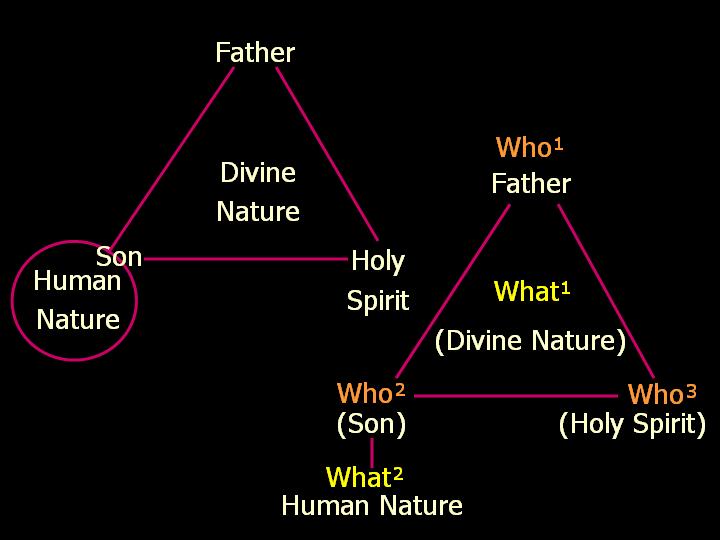Post Author: Bill Pratt
In the first post in this series, we introduced the topic of “days” in Genesis, but there are more arguments that need to be fleshed out. We will continue using Norman Geisler’s treatment of this subject in his second volume of systematic theology.
Young-earth creationists point out that when numbered series are used in the Old Testament in combination with the Hebrew word yom, they are always referring to a 24-hour day. Here is the argument:
Further, it is noted that when numbers are used in a series (1, 2, 3 … ) in connection with the word day (yom) in the Old Testament, it always refers to twenty-four-hour-days. The absence of any exception to this in the Old Testament is given as evidence of the fact that Genesis 1 is referring to twenty-four-hour-days.
How do opponents of the young-earth view reply?
Critics of the twenty-four-hour-day view point out that there is no rule of the Hebrew language demanding that all numbered days in a series refer to twenty-four-hour-days. Further, even if there were no exceptions in the rest of the Old Testament, it would not mean that “day” in Genesis 1 does not refer to more than a twenty four hour period of time: Genesis 1 may be the exception! Finally, contrary to the solar-day view, there is another example in the Old Testament of a numbered series of days that are not twenty-four-hour-days. Hosea 6:1–2 reads: “Come, let us return to the Lord. He has torn us to pieces but he will heal us; he has injured us but he will bind up our wounds. After two days he will revive us; on the third day he will restore us, that we may live in his presence.” It is clear that the prophet is not speaking of twenty-four-hour “days,” but of longer periods of time in the future. Even so, he uses numbered days in a series.
A further argument of young-earth creationists has to do with the fact that the phrase “evening and morning” is used in conjunction with “days.”
Another line of evidence is the use of the phrase “evening and morning” in connection with each day in Genesis 1. Since the literal twenty-four-hour-day on the Jewish calendar began in the “evening” (by sunset) and ended in the “morning” (before sunset) the next day, it is concluded that these are literal twenty-four-hour-days.
Here is the reply that is given to that argument:
First, the fact that the phrase “evening and morning” is often used in connection with twenty-four-hour-days does not mean it must always be used in this way.
Second, if one is going to take everything in Genesis 1 in a strictly literal way, then the phrase “evening and morning” does not encompass all of a twenty-four-hour-day, but only the late afternoon of one day and the early morning of another. This is considerably less than twenty four hours.
Third, technically, the text does not say the “day” was composed of “evening and morning” (thus allegedly making a twenty four hour Jewish day); rather, it simply says, “And there was evening, and there was morning—the first day” (Gen. 1:5). Further, the phrase may be a figure of speech indicating a beginning and end to a definite period of time, just as we see in phrases like “the dawn of world history” or the “sunset years of one’s life.”
Fourth, if every day in this series of seven is to be taken as twenty-four hours, why is the phrase “evening and morning” not used with one of the days (the seventh)? In fact, the seventh day is not twenty-four hours, and thus there is no necessity to take the other days as twenty four hours either, since all of them alike use the same word (yom) and have a series of numbers with them.
Fifth, and finally, in Daniel 8:14, “evenings and mornings” (cf. v. 26) refer to a period of 2,300 days. Indeed, often in the Old Testament the phrase is used as a figure of speech meaning “continually” (cf. Ex. 18:13; 27:21; Lev. 24:3; Job 4:20).
There are several more arguments to be reviewed, so stick around.
